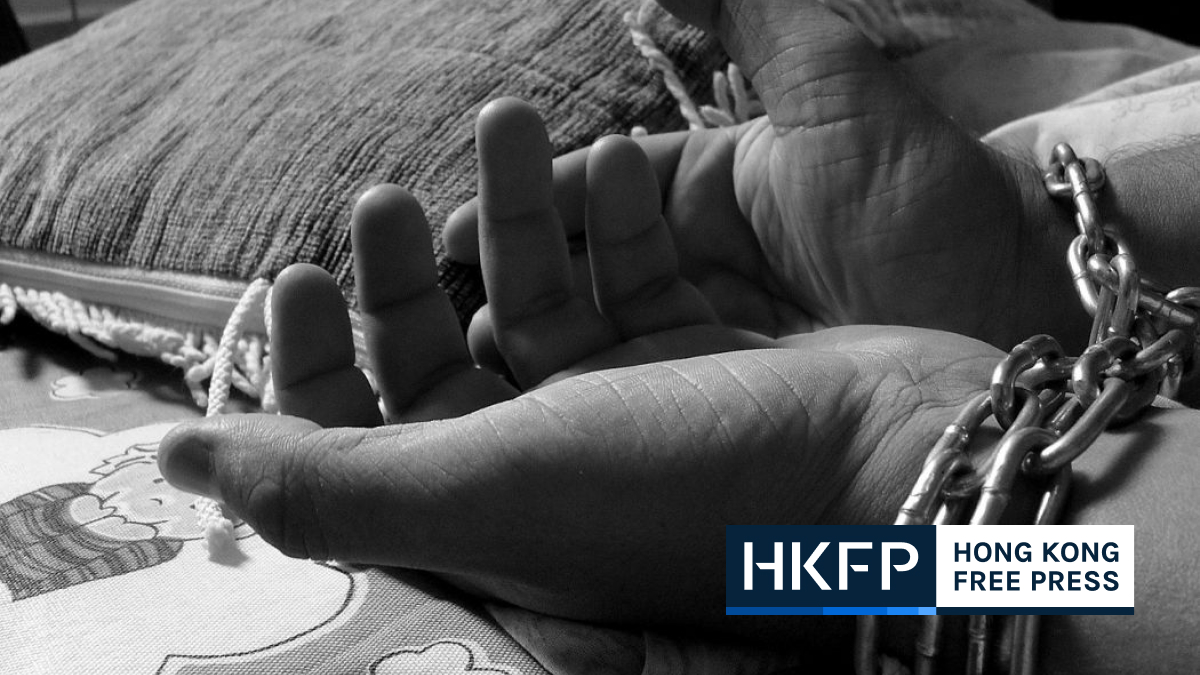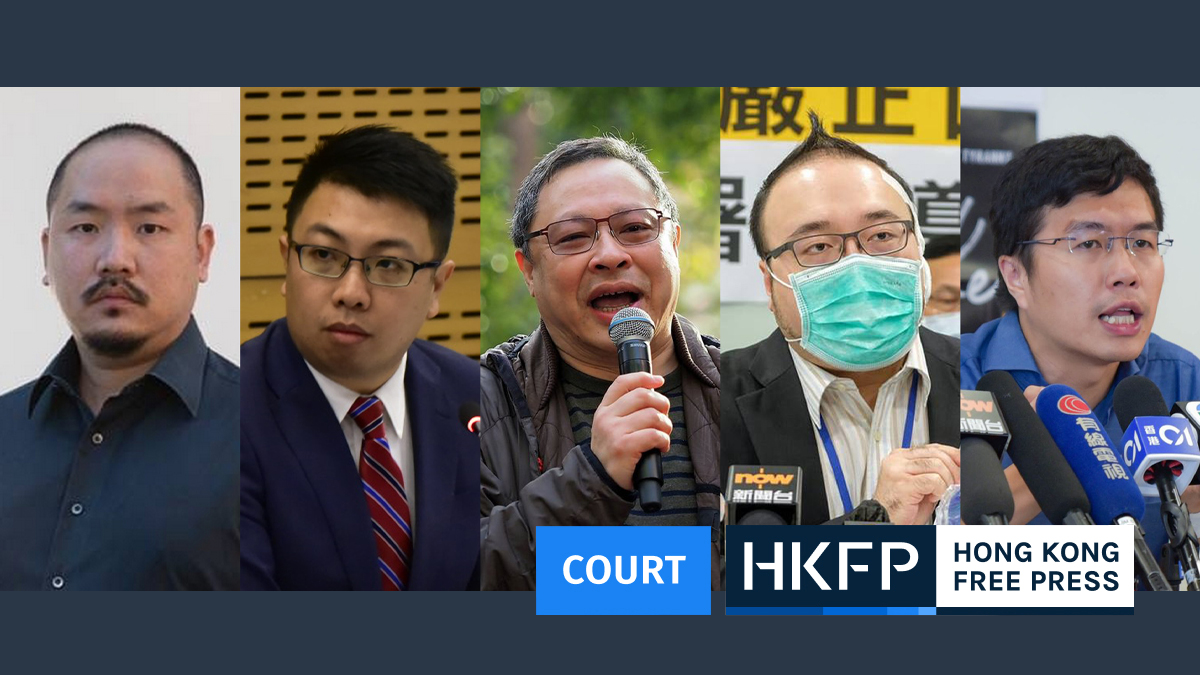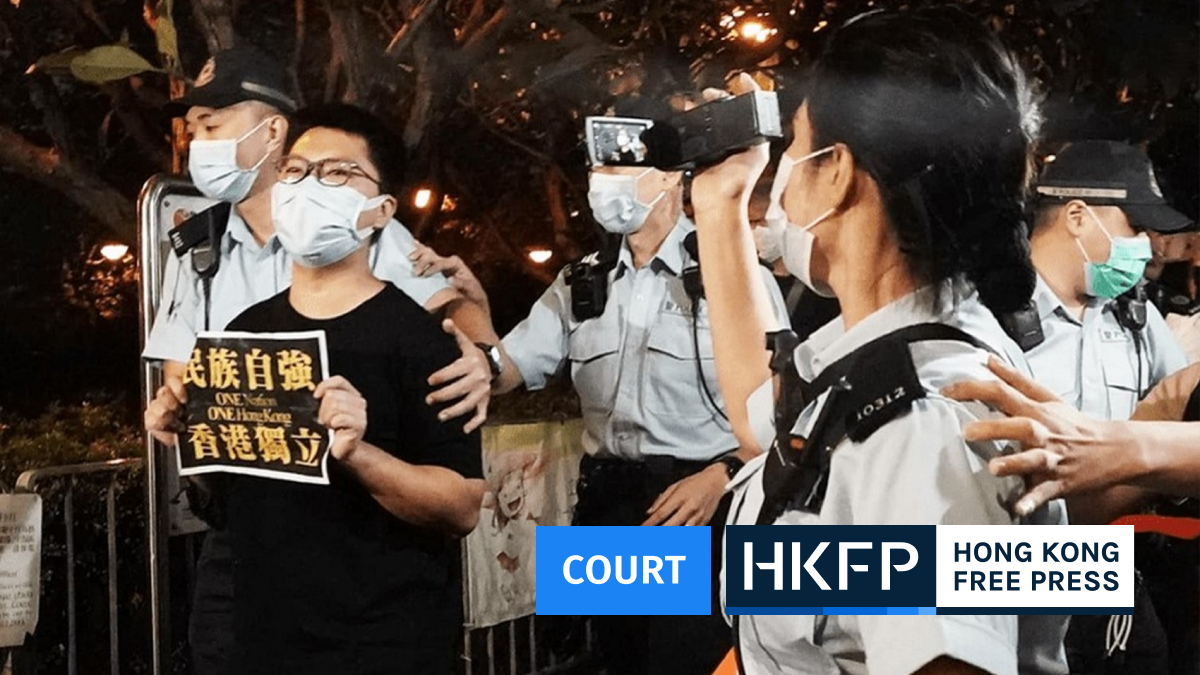Security chief Chris Tang has not given a clear answer to whether opposing the legislation of Hong Kong’s own security law would violate the national security law imposed by Beijing in 2020.
Hong Kong’s leader John Lee said in his Policy Address on Wednesday that the government was “pressing ahead” to legislate the city’s own security law in 2024 – a timetable that has been repeated by government officials over the past few months.

Tang, education chief Christine Choi, and youth affairs chief Alice Mak, met the press at government headquarters on Friday afternoon to respond to questions about the Policy Address, including those relating to the legislation of Article 23.
Article 23 of the Basic Law stipulates that the government shall enact laws on its own to prohibit acts of treason, secession, sedition and subversion against Beijing. Its legislation failed in 2003 following mass protests and it remained taboo until after the onset of the separate, Beijing-imposed security law in 2020. Pro-democracy advocates fear it could have a negative effect on civil liberties but the authorities say there is a constitutional duty to ratify it.
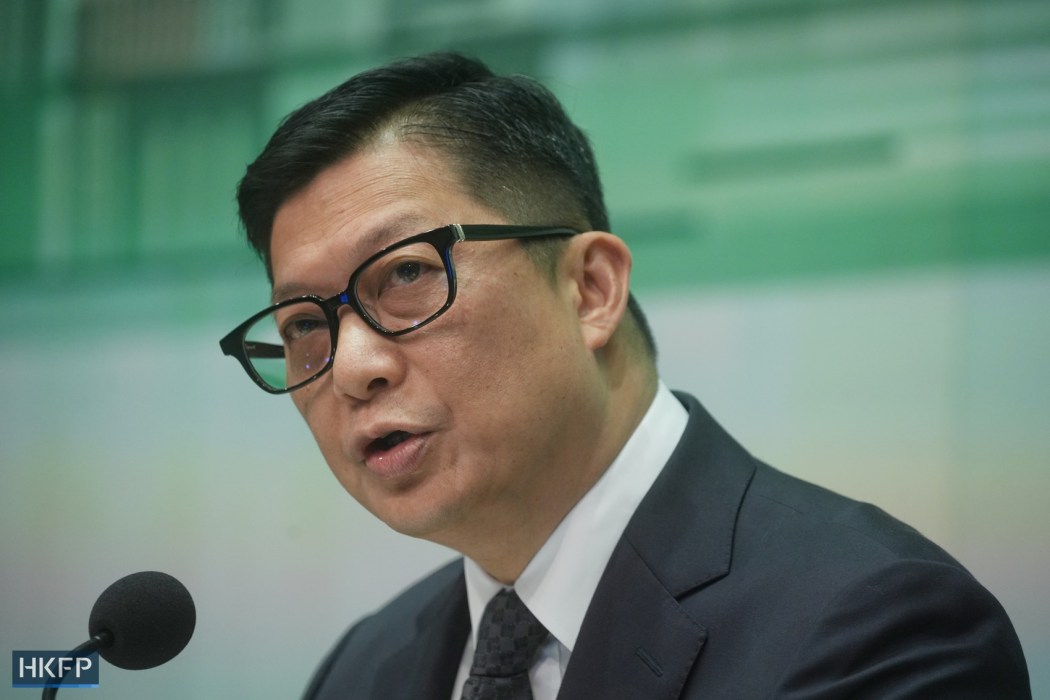
Tang was asked by a reporter how the government would handle public consultation before its legislation, and whether opposing its enactment would violate the existing national security law. He said the government would provide consultations through different channels, and ensure that anyone who wanted to speak up was heard.
“Apart from consultations, we think explaining the policy is also very important,” Tang said in Cantonese. “Some will deliberately distort this law to cause conflict in society. Therefore, explanation is important.”
The secretary for security also said that the local security law would only target “a small number of people,” so the public and businesses did not need to worry.
“Ordinary men will not engage in espionage or treason,” Tang said.
Beijing inserted national security legislation directly into Hong Kong’s mini-constitution in June 2020 following a year of pro-democracy protests and unrest. It criminalised subversion, secession, collusion with foreign forces and terrorist acts – broadly defined to include disruption to transport and other infrastructure. The move gave police sweeping new powers and led to hundreds of arrests amid new legal precedents, while dozens of civil society groups disappeared. The authorities say it restored stability and peace to the city, rejecting criticism from trade partners, the UN and NGOs.

Tang added that Hong Kong would refer to the UK’s national security act when drafting the law. The UK passed the National Security Act in July, replacing several old laws including the Official Secrets Act 1911 and Official Secrets Act 1920.
Besides Article 23, Tang also highlighted a series of moves from the Policy Address designed to safeguard national security. The Security Bureau is set to introduce a cybersecurity of critical infrastructure bill to the Legislative Council in 2024.
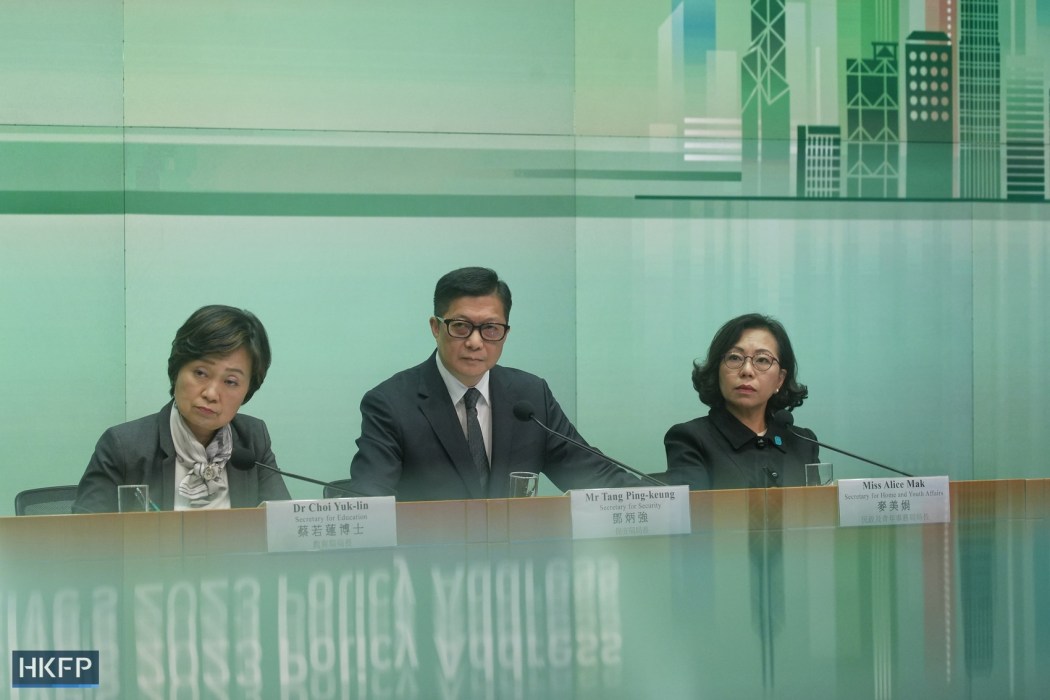
Authorities will also launch a national security exhibition in an existing museum in 2024. Tang said the gallery aimed to show that national security was the cornerstone of people’s wellbeing, the nations’ stability, and the rejuvenation of China.
Along with the gallery, Tang said around 30 “district-based” tutors would be trained to provide national security education in the community.
Support HKFP | Policies & Ethics | Error/typo? | Contact Us | Newsletter | Transparency & Annual Report | Apps
Help safeguard press freedom & keep HKFP free for all readers by supporting our team

latest national security stories





















